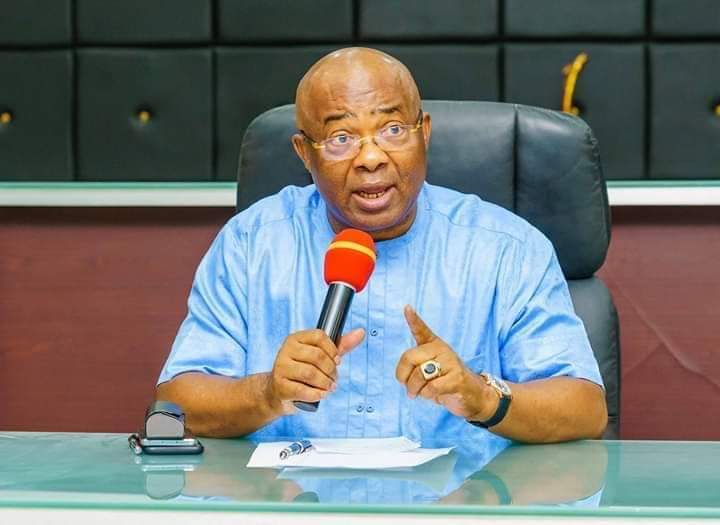Instead of the death penalty for drug offenders proposed by the Nigerian Drug and Law Enforcement (NDLEA), human rights campaigners have called on the National Assembly to focus on appropriate proactive measures to block the pipeline through which people can access illicit drugs.
The campaigners who gathered under the auspices of Hope Behind Bars Africa urged the members of the Red Chamber to critically review and reverse its position on the use of the Death Penalty for Drug offenses in Nigeria, insisting that its proposal represents a severe setback for human dignity and criminal justice reforms in Nigeria.
READ ALSO: Senate okays death sentence for makers of illicit drugs
Hope Behind Bars gave this warning in Abuja at an event to commemorate the International Day Against Drug Abuse And Illicit Drug Trafficking.
Speaking, its Executive Director Oluwafunke Adeoye who recalled the previous legislation which prescribed life imprisonment for offenses involving the importation of hard drugs, lamented that the amended version which introduces a much stricter penalty.
According to Adeoye, the unanimous approval the bill got from lawmakers after it passed third reading reflects a fearful stance against progressive criminal justice reforms in Nigeria, reminding the senate that the country has been a signatory to the International Covenant on Civil and Political Rights (ICCPR) since 1993.
Noting several comprehensive studies and reports that highlighted the lack of a significant deterrent effect associated with the death penalty for drug trafficking, she alluded to the Amnesty International analysis which points out that countries with high execution rates for drug offenses, such as Iran and Saudi Arabia, still face serious drug problems.
Adeoye went on: “A review of data from Southeast Asia, including countries like Singapore and Indonesia, shows that the death penalty has not led to a substantial reduction in drug trafficking.
“This indicates that the death penalty does not solve the underlying issues related to drug crime and may divert attention and resources from more effective strategies such as harm reduction and rehabilitation.
“Nigeria has been a signatory to the International Covenant on Civil and Political Rights (ICCPR) since 1993, Article 6 of the treaty states that “in countries which have not abolished the death penalty, sentence of death may be imposed only for the most serious crimes in accordance with the law in force at the time of the commission of the crime.
“This is typically defined as those involving intentional killing of which drug offenses do not meet the threshold.”
She called for the development of detailed guidelines for appropriate imprisonment and fines for drug offenses by categorising them based on the type of narcotic and specific quantities involved.
The Director further called for the decriminalisation of low-level drug use or implementation of non-custodial sanctions alongside adequate mental health support.
“There is need to adopt harm reduction strategies by strengthening social protection systems and implementing policies that focus on public health approaches to drug use, access to treatment and rehabilitation programs,” Adeoye said.
“Also need is Investment in the capacity development of law enforcement officers, judicial officers and other stakeholders who handle drug-related cases as well as enhanced oversight mechanisms to prevent abuse and ensure that legal processes adhere to human rights standards.”

 4 months ago
10
4 months ago
10















 English (US) ·
English (US) ·